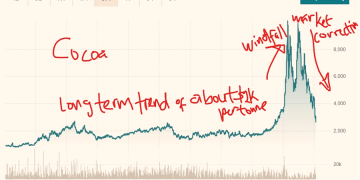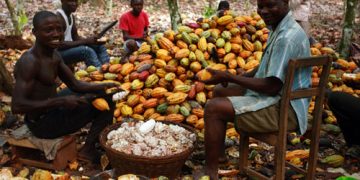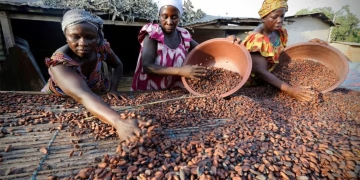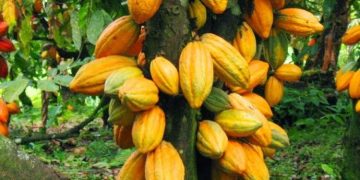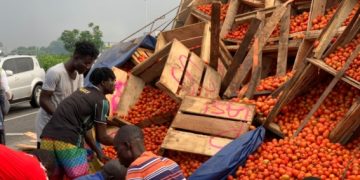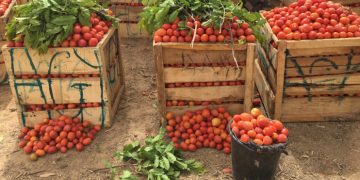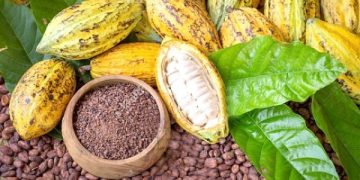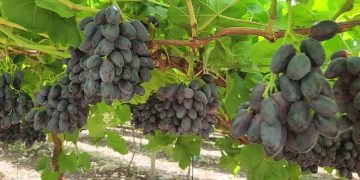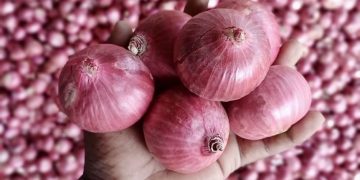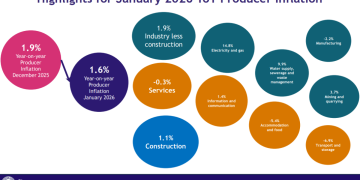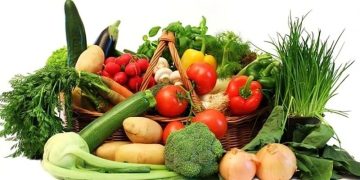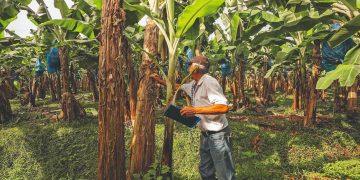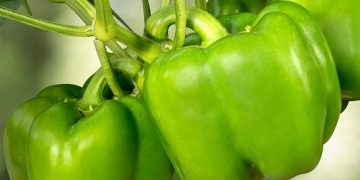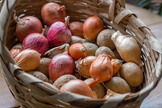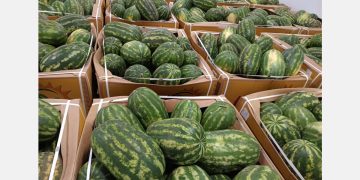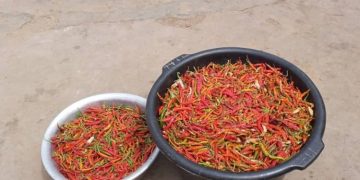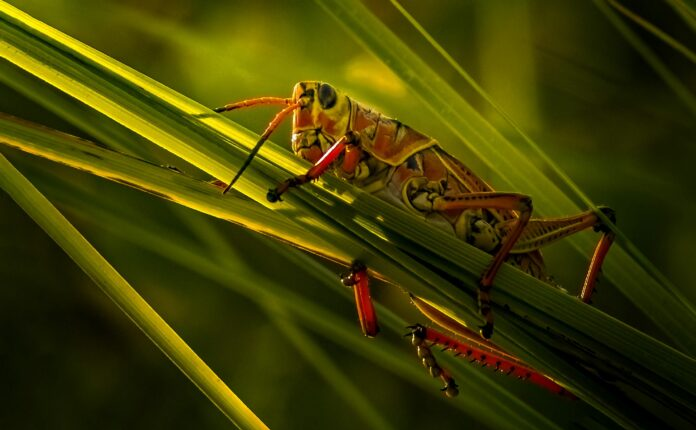Locusts are notoriously destructive, making them an unwelcome sight on any farm. However, many farmers have changed their tune on these multi-legged invaders as other agricultural challenges have emerged. Instead of repelling locusts, some farms now harvest them as a valuable resource.
Pests are not the only issue plaguing agriculture today. Farmers must also deal with food scarcity, low margins and rising environmental concerns that make existing challenges all the more imposing. While locusts are not a complete solution to all these problems, they can help African farmers address several of them.
How Locust Harvesting Works
Locusts have been a threat to African farms for millennia, but climate change has made them increasingly worrisome. A warming climate could expand locust habitat areas by 25%, and increased rainfall can lead to higher hatch rates. Consequently, these insect swarms are growing in size and reach, forcing farmers to find ways to curb their impact.
Desert locust harvesting turns this problem into a solution to other agricultural challenges. It starts with collecting the insects at night, when they rest in trees and other vegetation. Swarms move too quickly during the day, but collecting them while they are asleep is relatively easy.
One startup, The Bug Picture, outsources the gathering to local villagers who live near the plant life locusts rest on. Once locals have collected the insects, The Bug Picture weighs them and pays 50 Kenyan shillings per kilogram, which has the added benefit of injecting economic growth in the village economy. The project managed to collect 1.3 tonnes of locusts in just 18 days, highlighting how large-scale such operations can become.
After paying for the locusts, workers crush, dry and mill them into a fine powder. This insect meal is rich in protein and micronutrients, making it a viable resource for animal feed, fertiliser or even human consumption.
Benefits of Locust Harvesting for Farmers
This process’s value extends far beyond being an interesting proof of concept. Participating in desert locust harvesting could benefit African farmers in multiple ways.
Crop Preservation
First, capturing these insects is an environmentally friendly way to stave off crop destruction. Desert locusts are devastating for farms in affected regions — a one-square-kilometre swarm can consume enough food to feed 35,000 people in a single day. However, conventional defences like pesticides can be equally destructive.
Chemical pesticides can leach into the surrounding environment, potentially affecting nearby wildlife and even human health. At the same time, farmers cannot let locusts go unabated if they hope to feed a growing population. Harvesting the insects instead of poisoning them addresses both issues.
Ground-up locusts can further secure food supplies by acting as a natural fertiliser. Previous studies have shown that locust by-products can enhance microbial diversity in soil more than chemical fertilisers, so this process allows farmers to protect their crops and ensure a richer harvest.
Sustainable Food Sources
Food scarcity is a pressing issue in the regions most heavily affected by locust swarms, but protein-heavy insects are a widely available and healthy solution.
Agriculture can only do so much to sustain a rising population. Available land is scarce, expansion introduces environmental concerns and up to 40% of some nations’ food ends up as waste. Turning to locusts as a food source reduces these concerns without introducing a higher potential for waste or using more precious resources like water and fertiliser.
Similarly, ground-up locusts can feed farm animals. Some human populations may need convincing to accept insect meal as a viable food alternative, but livestock do not share these concerns. Using locusts this way would leave more crops available for human consumption while ensuring African farms can maintain their flocks and herds.
Lower Operational Costs
Harvesting desert locust swarms for food, feed and fertiliser also has economic advantages. This accessibility could help African agriculture recover from recent stresses.
Fertiliser prices in Zimbabwe have risen by nearly 30% since Russia’s invasion of Ukraine. Prices in Malawi have doubled in the past year, and maize output has fallen by 4% as a result of farmers being unable to access the resources they need. Locusts’ abundance makes them an excellent low-cost alternative to conventional options.
Using pests as animal feed has similar benefits. Locusts are a cheap, readily available food source. The same advantage extends to their use as human food, which can address nutritional needs in poverty-stricken areas.
Lingering Challenges
Like all innovations, desert locust harvesting is still imperfect. Some researchers have attempted to lean into this opportunity by breeding the insects. While this provides a steady supply of resources, scientists stress that escape could exacerbate the food crisis by introducing more pests to a region.
Conventional pesticide use will also need to de-escalate for locust meal to be safe for human and animal consumption. While this issue is not unique to insects, the potential health concerns still deserve attention. Swarms infected by chemical repellents may have dangerously high levels of these compounds, making it risky for people to ingest them. Cleaning the insects’ bodies before grinding them may lower some of these hazards.
Organisations will find solutions to these challenges as efforts to collect and reuse locusts grow. Global attention to locust harvesting’s potential could facilitate expansion, pushing the practice beyond Africa to improve agriculture and food security in other affected areas. Once that happens, a formerly significant threat to the worldwide food supply could become one of its most valuable assets.
The Future of Farming May Lie With Pests
Unaddressed desert locust swarms are a massive problem for African farms that will only worsen as climate change continues. However, farmers could turn this risk into an opportunity. Using locusts as a food or fertiliser source could reduce crop loss to insects and promote a healthier, more sustainable future.
Locust harvesting alone is not enough to solve African agriculture’s environmental challenges. Still, its unrealized potential might make it a critical piece of the puzzle.
SOURCE: FARMER REVIEW AFRICA










